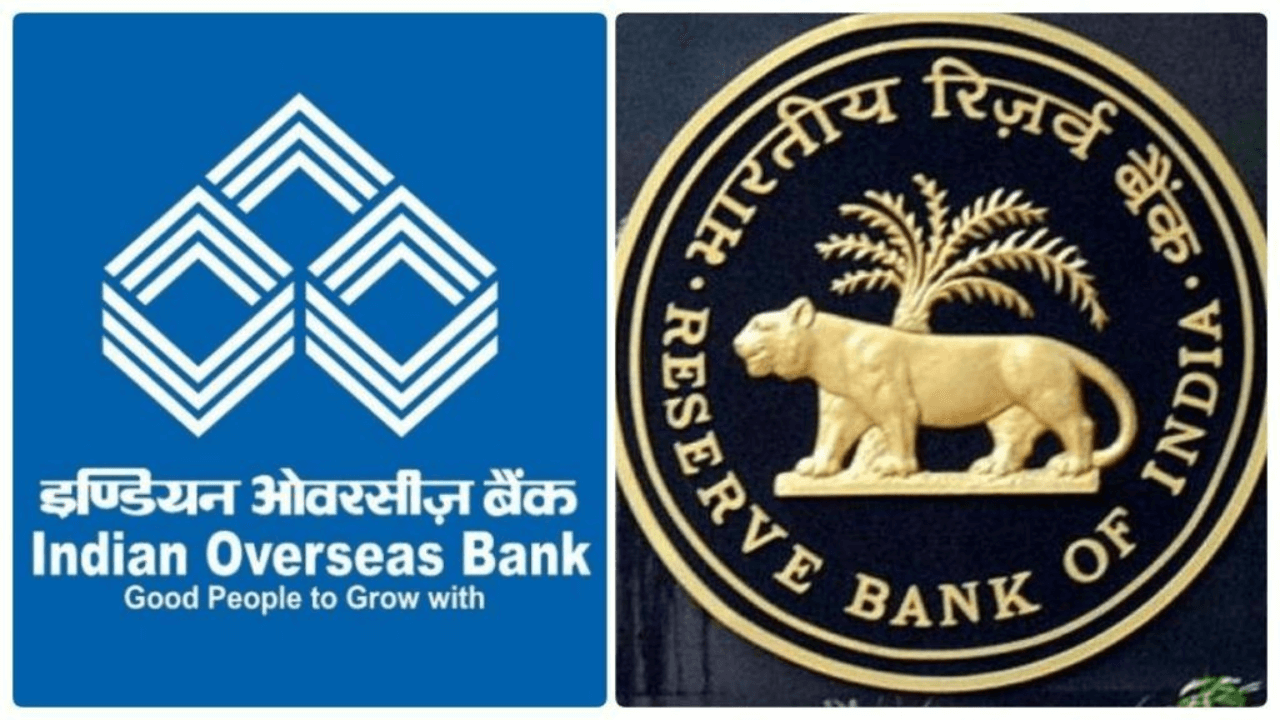The Reserve Bank of India (RBI) has announced that it has imposed a monetary penalty of Rs 2.20 crore on Indian Overseas Bank (IOB) for various rule violations. The penalty was imposed because the bank failed to transfer the mandatory minimum amount of 25 percent of its disclosed profit for the year 2020-21 to its reserve fund. Additionally, there was a significant discrepancy between the non-performing assets (NPAs) as reported by the bank and as assessed during inspection.
The RBI also found that the bank offered interest rates on deposits of non-individual customers that were applicable to senior/super senior citizens in certain cases. Furthermore, the bank did not implement control measures for ATMs regarding the encryption of communication between the ATM terminal/PC and the ATM Switch within the prescribed timelines.
The RBI issued two notices to the bank, asking for an explanation as to why a penalty should not be imposed. After considering the bank’s responses, oral submissions during a personal hearing, and additional submissions, the RBI concluded that the violations and non-compliance charges were substantiated, leading to the imposition of the monetary penalty.
This penalty serves as a reminder to banks about the importance of adhering to regulations and maintaining transparency in financial operations. The RBI’s strict enforcement of penalties aims to uphold the integrity of the banking system and protect the interests of customers and stakeholders.
- 3 August Current Affairs 2023 in English
- MoU Between Subroto Mukerjee Sports and Education Society and All India Football Federation (AIFF) to Promote Football at Grassroot Level
- Dr. Mansukh Mandaviya Delivers Keynote Address at the 13th Indian Organ Donation Day ceremony
- Education Ministry Forms Expert Panel on Anti-Discrimination in Higher Education
- Concerns Arise Over Cheetah Deaths at Kuno National Park
